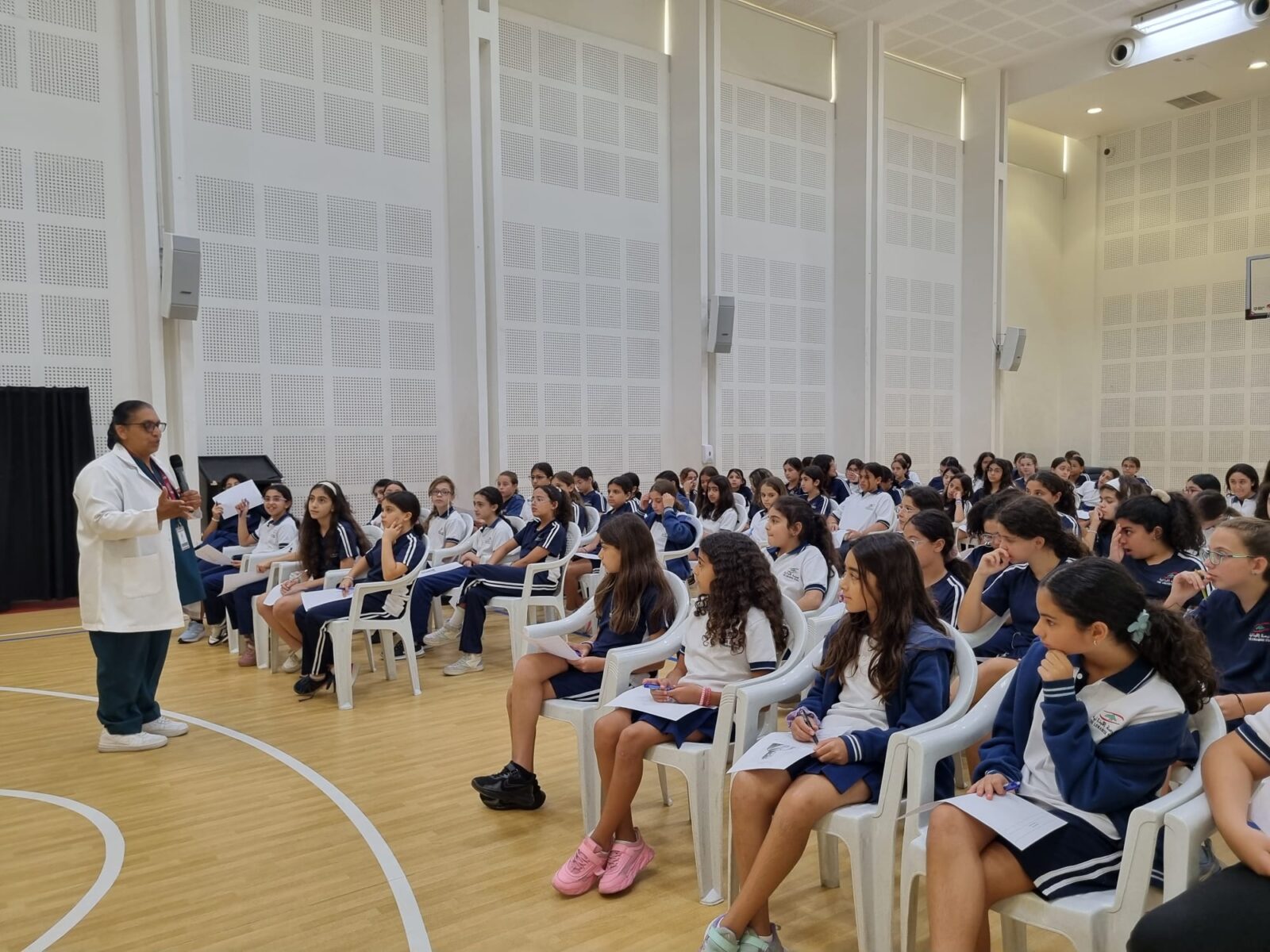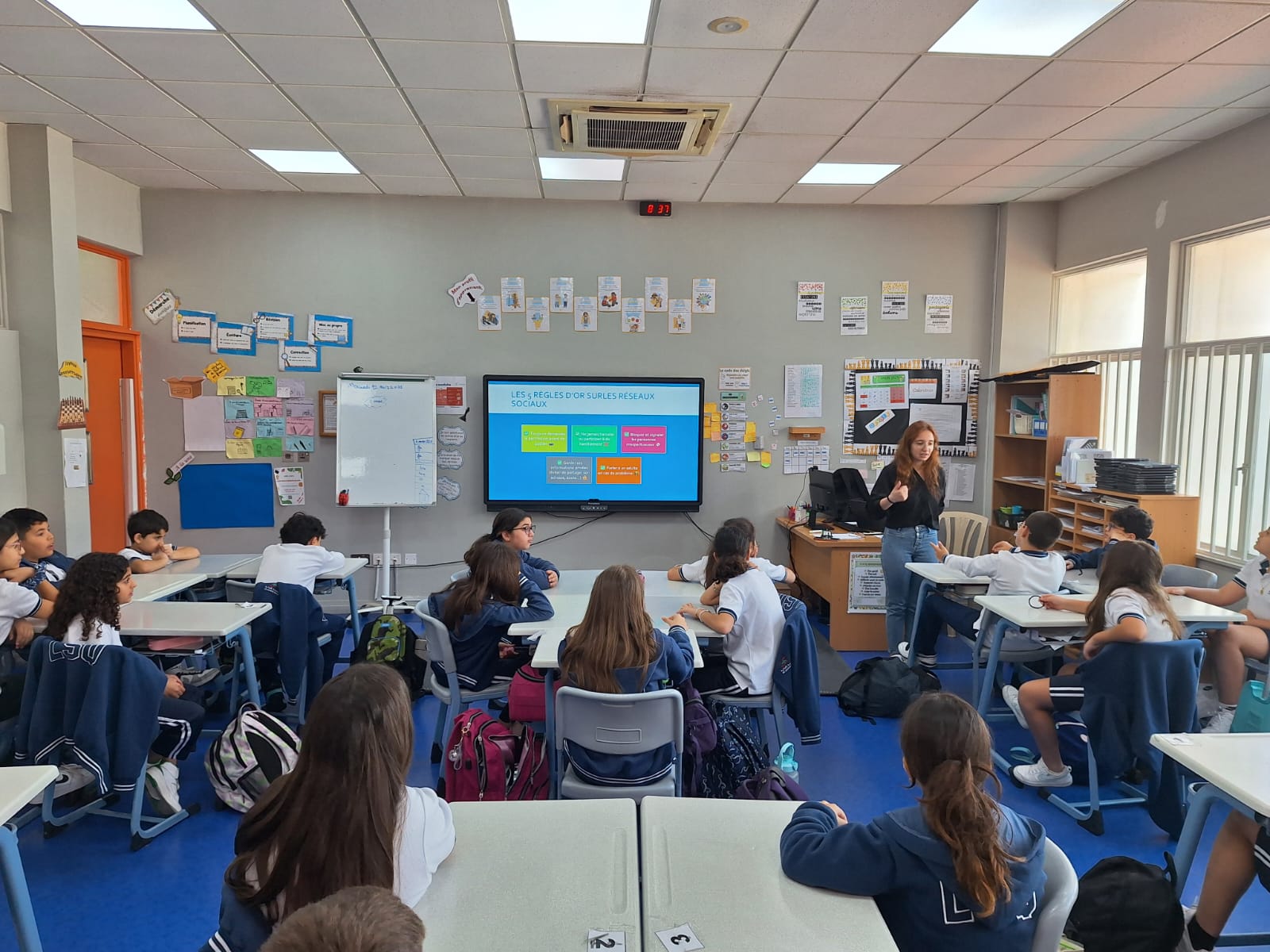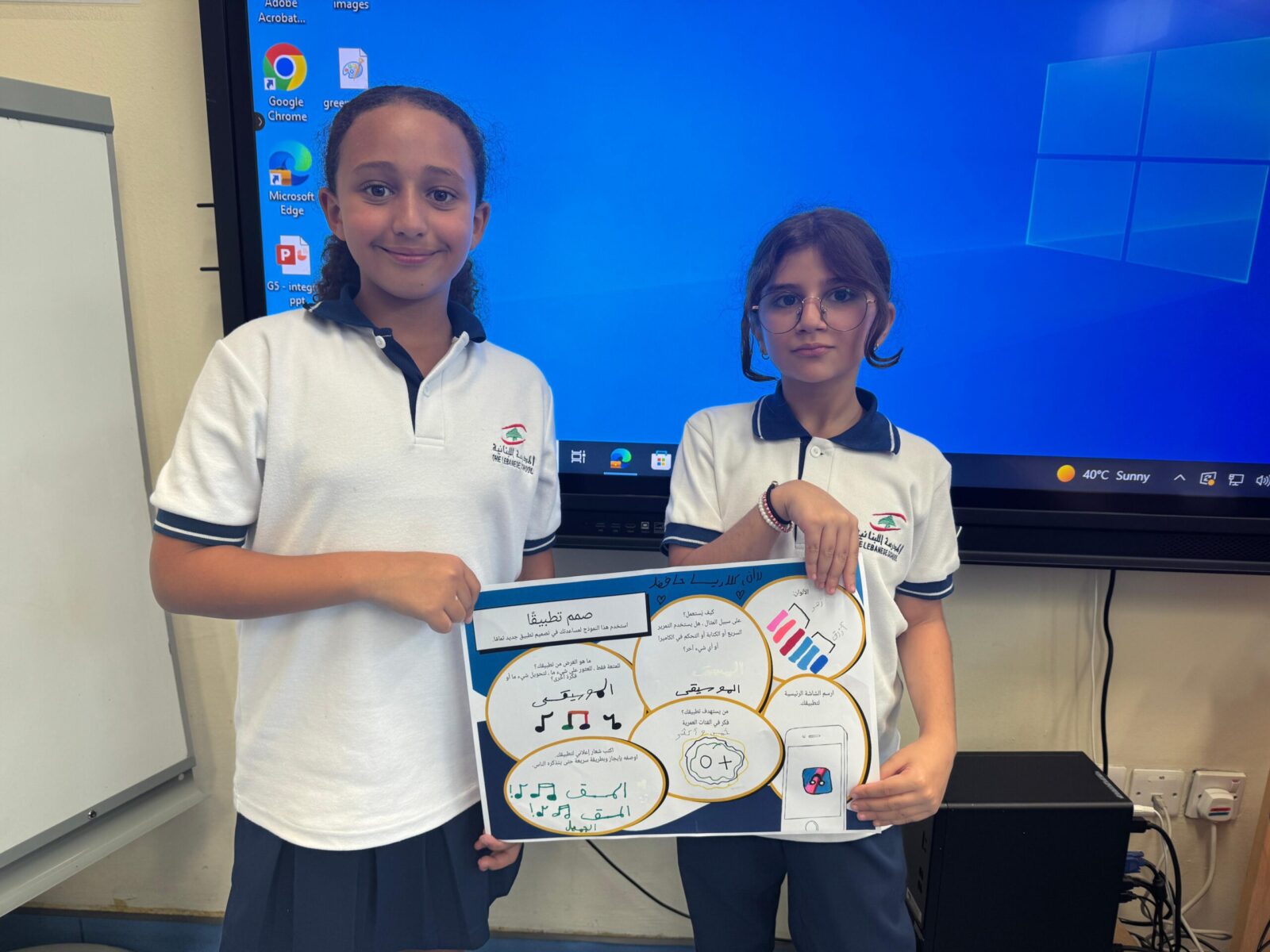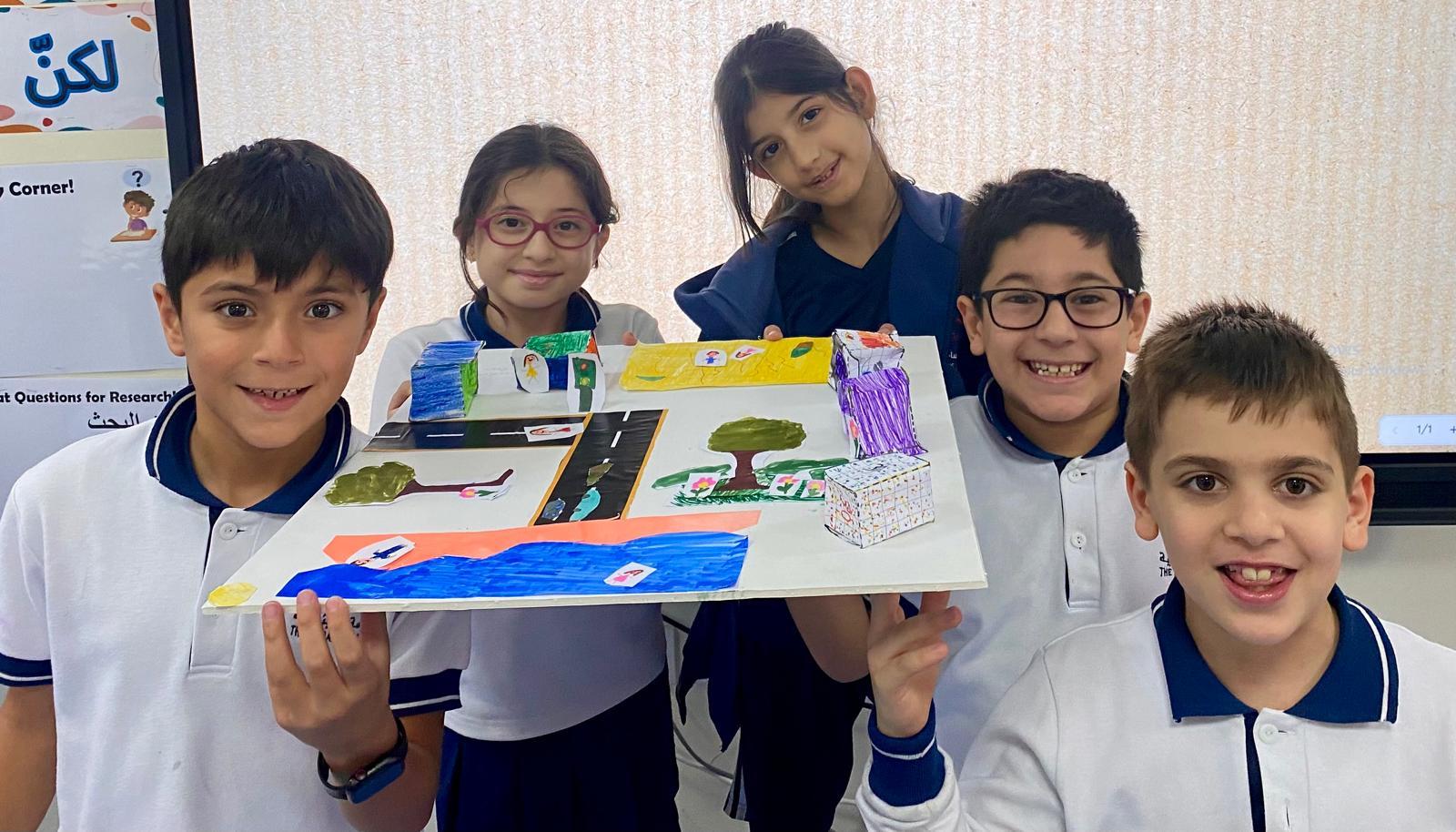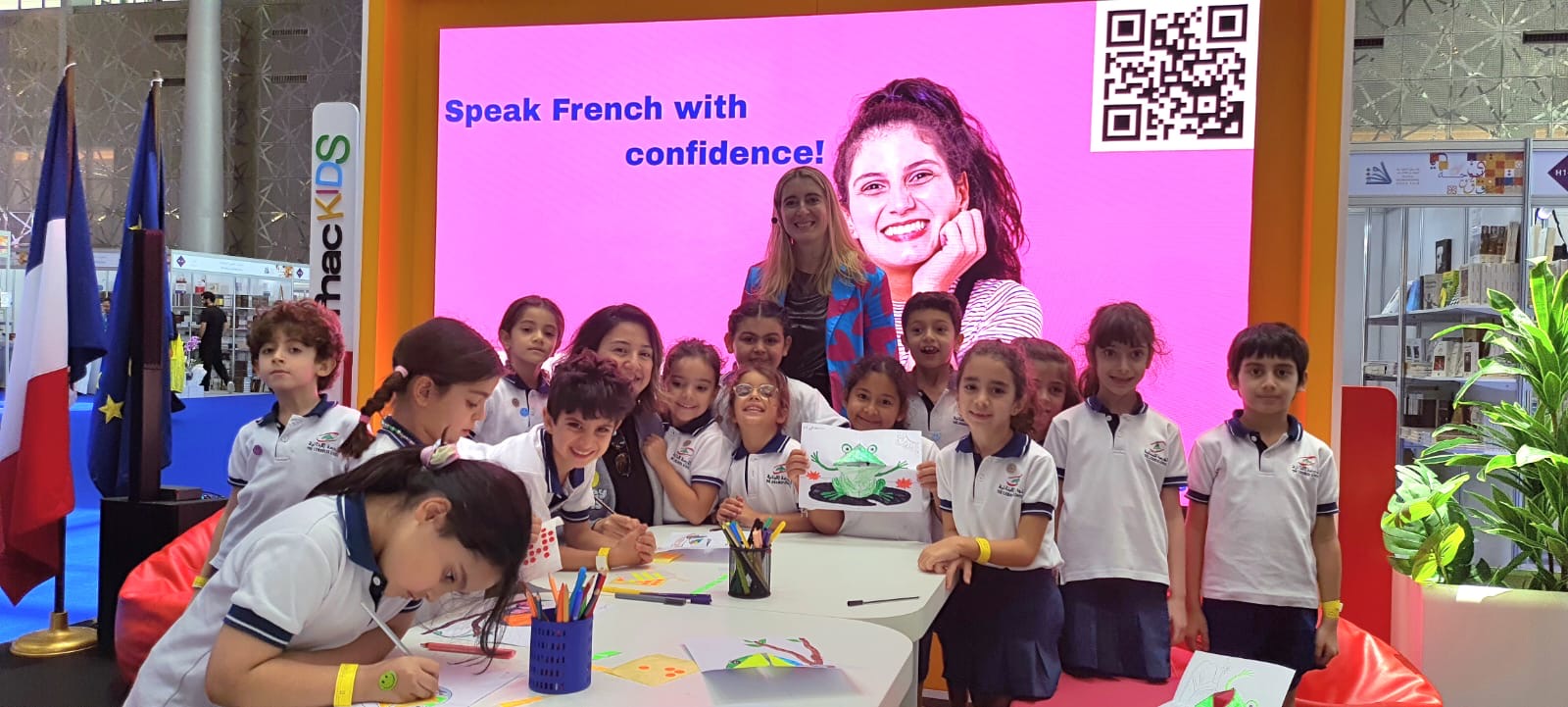
In today’s digital age, teaching our children to navigate the online world responsibly is as crucial as teaching them to look both ways before crossing the street. As parents, we play a pivotal role in guiding our children to become responsible digital citizens. Here are some key principles to keep in mind:
- Be proactive: Take the initiative and have regular discussions with your child on digital responsibility, privacy, and online safety. Invite them to share their internet experiences and ask questions.
- Define Boundaries: Set explicit rules and regulations, such as screen time restrictions, lists of acceptable websites and applications, and social media usage policies, for your child’s online activity. As your child grows and technology advances, check and update these boundaries on a regular basis.
- Lead by example: By using social media responsibly, communicating politely online, and using critical thinking while absorbing content. Never forget that our actions teach kids more than our words.
- Encourage Critical Thinking: Show your kids how to assess media and information from the internet critically, making sure they can tell the difference between false and trustworthy sources. Urge them to examine, evaluate, and double-check the material they come across on the internet.
- Respect Others: Emphasize the importance of treating others with kindness, empathy, and respect in both offline and online interactions. Remind your child to think before they post or comment, considering the potential impact of their words and actions on others.
- Protect Personal Information: Instruct your kids on how to keep their passwords, complete name, address, and phone number safe when using the internet. Remind them to utilize privacy settings to limit who can view their online profile and content and to use caution when sharing information.
- Practice Digital Literacy: Help your kids acquire media literacy, online research abilities, and efficient internet search methods that are all part of digital literacy. Give students the chance to browse through educational websites, virtual learning environments, and digital creative tools.
- Stay Engaged: Keep a close eye on your child’s online interactions and content consumption by staying actively involved in their online activity. Encourage your child to talk to you about any worries or difficulties they are having when using the internet by creating an environment that is open and encouraging.
We can enable our children to use technology for learning, creativity, and connection while navigating the digital world with confidence, integrity, and empathy by raising responsible digital citizens. Let’s work together to provide our kids with the values and abilities they need to succeed in the digital age.

